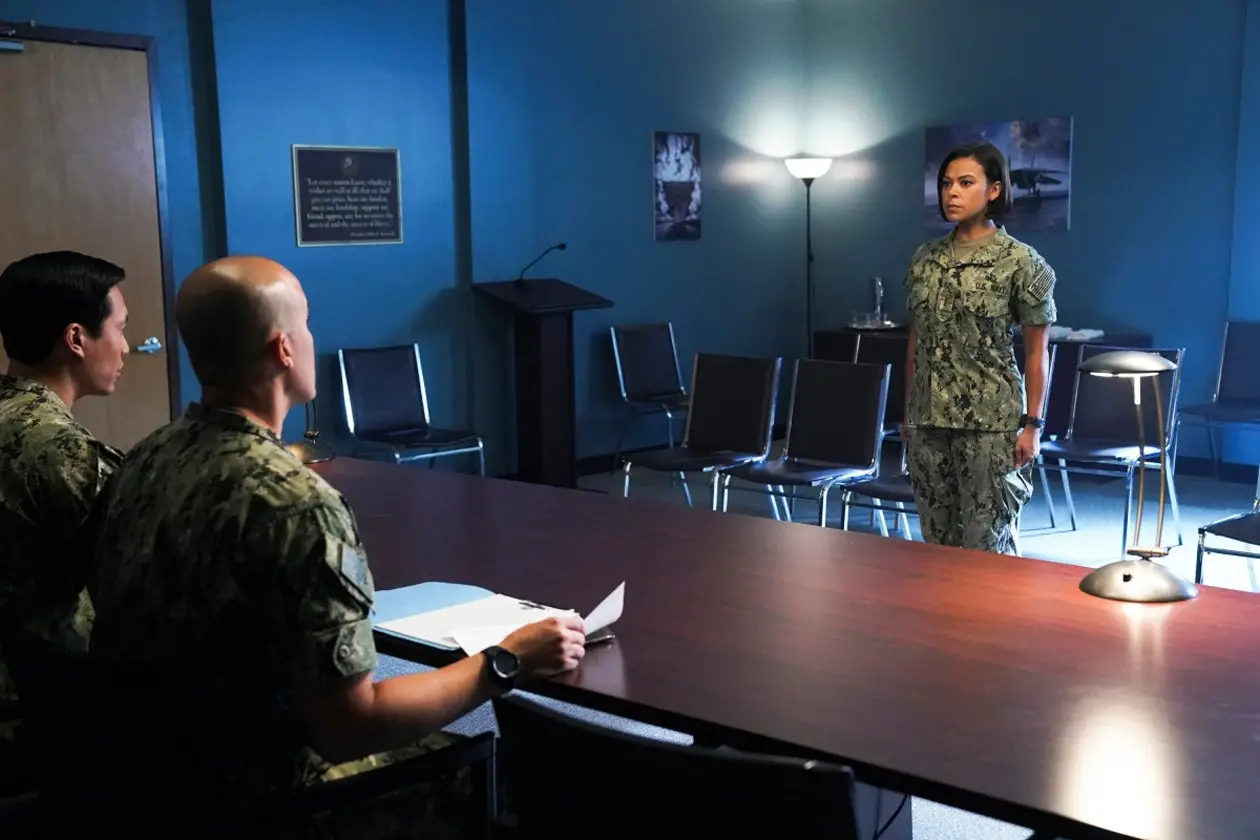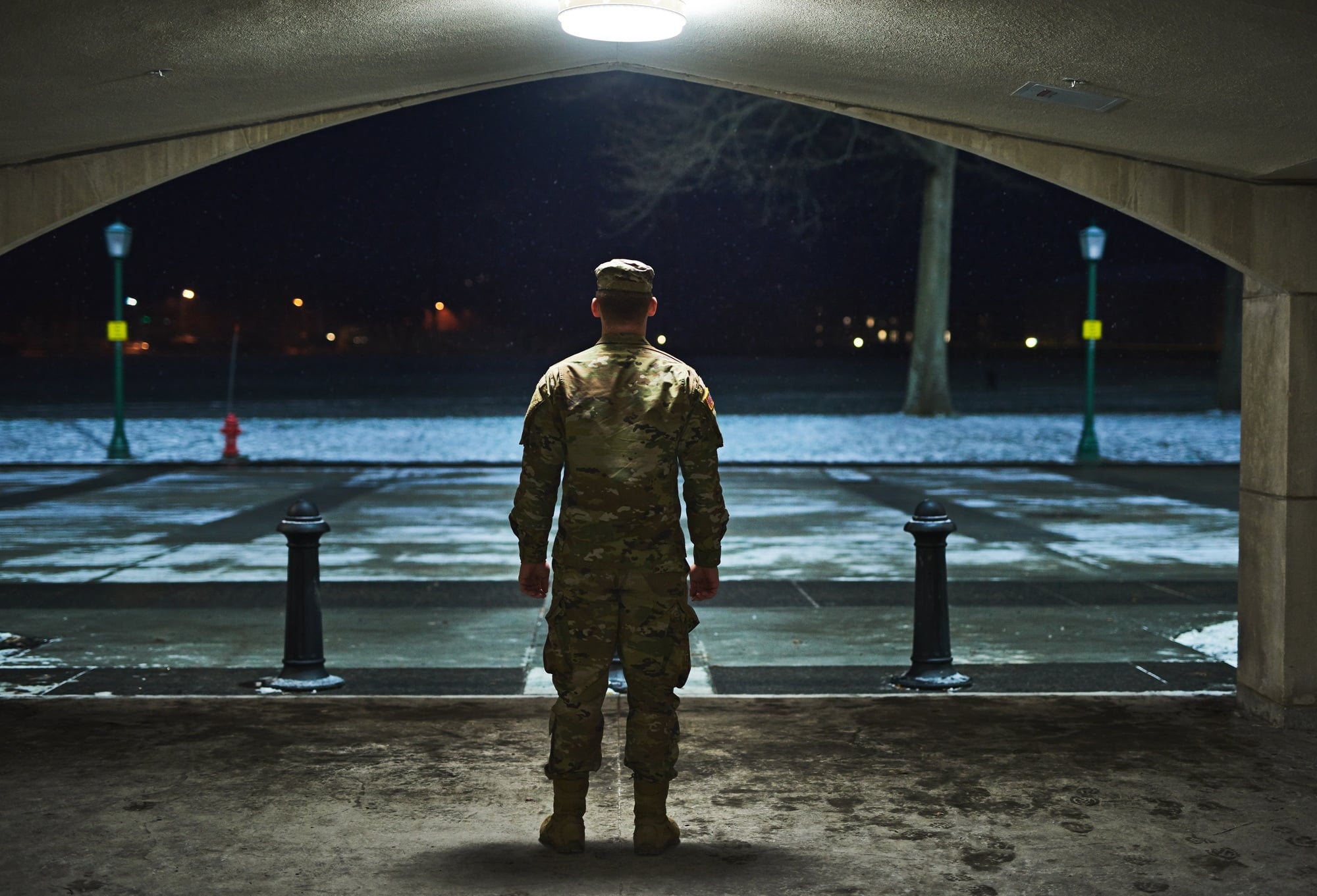The MCM states a service member may be prosecuted for a violation of Article 89 (Disrespect Toward a Superior Commissioned Officer) if they behave with disrespect toward that service member’s superior commissioned officer.
To be prosecuted under Article 89, the prosecution must prove:
-
that the accused did or omitted certain acts or used specific language to or concerning a specific commissioned officer;
-
that such behavior or language was directed toward that officer;
-
that the officer toward whom the acts, omissions, or words were directed was the superior commissioned officer of the accused;
-
that the accused then knew that the commissioned officer toward whom the acts, omissions, or words were directed was the accused’s superior commissioned officer and
-
under the circumstances, the behavior or language was disrespectful to that commissioned officer.
A military service member may be subject to prosecution for a violation of Article 89 (Assault of a Superior Commissioned Officer) if they strike their superior commissioned officer, draw or lift any weapon, or offer any violence against that officer while the officer is in the execution of the officer’s office. The prosecution must prove beyond a reasonable doubt:
-
that the accused struck, drew, or lifted a weapon against, or offered violence against, a specific commissioned officer;
-
that the officer was the superior commissioned officer of the accused;
-
that the accused then knew that the officer was the accused’s superior commissioned officer and
-
the superior commissioned officer was then in the execution of office.
Understanding Article 89 (Disrespect Toward Superior Commissioned Officer; Assault of Superior Commissioned Officer) of the UCMJ
For Article 89 (Disrespect Toward a Superior Commissioned Officer) to be an applicable charge, the accused must have known the person was a superior commissioned officer, and circumstantial evidence is enough to demonstrate this point effectively. The accused must also have engaged in behavior deemed disrespectful. Such behavior may consist of acts or language and may have occurred in a setting where the superior commissioned officer was absent.
Article 89 (Assault of Superior Commissioned Officer) may be applicable if the accused was aware the individual was a superior commissioned officer and had intentional physical contact with the officer. The physical contact may have been attempted but not executed if the accused brandished a weapon (or an object that may be used as a weapon) in a threatening manner or physically attempted any form of violence against the officer.
Maximum Possible Punishment for Violations of Article 89
The maximum possible punishments for violations of Article 89 vary. Suppose the accused is guilty of Disrespect Toward a Superior Officer in command. In that case, the maximum possible punishment is a bad-conduct discharge, forfeiture of all pay and allowances, and confinement for up to 1 year. Suppose the charge is for a superior officer in rank. In that case, the maximum possible punishment is a bad-conduct discharge, forfeiture of all pay and allowances, and confinement for up to 6 months.
Suppose the accused is guilty of violating Article 89 Assault of Superior Officer. In that case, the maximum possible punishment is a dishonorable discharge, forfeiture of all pay and allowances, and confinement of up to 10 years. If, however, the event occurred during a time of war, the accused may be subject to the death penalty.
How do you defend against Article 89 – Disrespect Toward Superior Commissioned Officer; Assault of Superior Commissioned Officer charges?
When facing the combined resources of the military and violating Article 89 (Disrespect Toward a Superior Commissioned Officer), if they disrespect the current cultural climate, you must be prepared to defend your career and your freedom. Crisp and Associates, LLC has a team of experienced trial attorneys who have won these cases. This team includes the firm’s founder, Jonathan Crisp, a highly respected former Army JAG with over 23 years of experience in military law and a sought-after speaker and lecturer on martial law. Donald Gordon has litigated cases before the Discharge Review Board, the Board for Correction of Military Records, and the Board for Correction of Naval Records regarding various matters and a diverse background of clients.
If you or someone you know is facing Article 89 charges for Disrespect Toward Superior Commissioned Officer; Assault of Superior Commissioned Officer, you must immediately speak with a Military defense attorney.



